How to be convincing and charismatic by speaking with conviction
I recently worked with a client who gave me permission to share her story, and I’m doing so because I believe others will relate to, and learn from, her experience.
My client, a highly-qualified doctor, was noticing something about how people were hearing her – or weren’t hearing her well enough. When the time would come in her daily shift to handover to the doctors on the next shift, my client couldn’t seem to get them to listen.
As you can imagine, the information she had to share was important, such as medical histories and patient statuses. Her colleagues just didn’t seem sufficiently engaged in what she had to say, or if they did and then questioned her, she would feel challenged, and find it difficult to justify her decisions.
Let me assure you, this doctor is as qualified, experienced and knowledgeable as her peers, and what this comes down to is the ability to talk with conviction.
The way you speak can absolutely enhance your perceived level of knowledge and authority, and it can also dramatically undermine it.
Let’s explore how that can happen.
Some people speak in a way that is self-diminishing. Do you do any of the following?
- Saying statements as questions. Think Valley Girl or the Kardashians, it’s all about the rising inflection at the end of a sentence. It’s also called up-speak and it’s a very common issue I come across in my work.
- Swallowing words at the ends of phrases. This is when you start strong, but you drop away by the end of the sentence. It comes across as unconvincing to say the least.
- Using filler words (like, so, um, you know, I mean…)
- Speaking quickly and racing through your words, giving the impression of wanting to get things over and done with (so you can run in the other direction, perhaps?)
- Fidgeting. This is often about making yourself small, meek and dare I say it, invisible
- Cowering when challenged instead of calmly justifying yourself, and trusting in what you have to say
- Avoiding eye-contact
It wouldn’t surprise me if you read through that list and thought – no, I don’t think I do any of those! The thing is, just like the doctor I told you about, often we don’t have a sufficient level of self-awareness to allow us to recognise these things in ourselves, but instead, we can notice how people react to us.
Do people listen to you? Do they pay attention and really hear what you’re saying? Do they believe you, and hold your opinion in high esteem?
Clients don’t typically come to me complaining that they’re not speaking with conviction, but rather, they say things like ‘I know I’m not very good’ or ‘I don’t feel confident’ or ‘I sound too young’.
Often people speaking with a rising inflection have no idea that they’re doing it, but once it’s pointed out to them, they notice it all the time in themselves and others!
What does speaking with conviction sound like?
Let’s firstly dispel the myth that a low-pitched voice is a voice of conviction or authority. It’s not that low-pitch is good and high-pitch is bad. The key is to avoid getting stuck in either one of those scenarios – the high-pitch voice that lacks gravitas, or the low-pitch voice that is dull and inaudible. Ideally, you’ll speak with a mixture of low and high pitch within your natural range; a variety appropriate to the emotion and energy of what you’re saying.
A person who conveys knowledge and authority is one that:
- Speaks at a measured pace
- Uses a variety of tone (not monotonous)
- Finds the points in sentences that are worthy of emphasis
- Pauses at strategic moments to draw people in (this is quite an advanced move!)
I feel as though I frequently reference Oprah and Obama as wonderful examples but that’s for good reason! Oprah’s speech at the Golden Globes, for example, is a masterclass in conviction, using pause and variety of tone, and gesture, which I’ll come to. Obama uses pause to create incredible suspense and impact.
Another great example is the NZ Prime Minister Jacinda Ardon. If you look up her ‘speech to teachers’ on YouTube, you’ll see how clever she is. Watch her awareness of her audience and their concerns. Her tone and language are inclusive and highly effective. Does she fully believe in what she’s saying? I’m sure she does, but if she didn’t speak with conviction, I wouldn’t be so sure of her authenticity.
How can you speak with greater conviction?
Awareness is far and away the key factor! Awareness of other speakers (what captivates you about some, and what goes wrong with others), awareness of the reactions of the people you’re speaking to (yes, pay attention!) and finally, of course, self-awareness.
I’m not suggesting this level of self-awareness comes easily, and if you’d like help you can always get in touch and I’ll let you know how we can work through it together.
In the meantime, some actions you can take right away to improve your conviction are
1. Study and emulate
Watch the examples I gave – Oprah, Obama, and Jacinda Ardon. There is huge value in closely and mindfully watching, listening to, and emulating great speakers. Often we get so engrossed in these wonderful speakers that we don’t pay attention to their technique (and rightly so).
2. Use gesture
I frequently assist clients to use gesture in their speech. Gesture can be valuable to prevent, or make sure of, the build-up of nervous energy, when being very still can make matters worse. If you learn to use gesture deliberately, it can help you emphasise certain points.
3. Read out loud
This is one of my favourite ‘homework’ tasks to set my clients. Follow the punctuation in the text and use it to guide you, especially to practice your…pause! Reading out loud to children (or just reading children’s books out loud to yourself!) is brilliant as you can easily invite colour into your voice as you change your voice to follow a piece of dialogue, for example. Many children’s books even have visual guides as to what to doooo with your VOICE! (Like that!). Harness your most animated and expressive self.
4. Record your voice and listen back
Another great exercise is to record yourself speaking (reading a passage of text, for example) and listening back. You’ll be amazed how you actually sound versus how you think you sound.
5. Practice your presentations OUT LOUD!
This brings me to a point about practicing your actual presentations or speeches out loud. It’s baffling how many people turn up on the day of a presentation, having not once ever practiced their talk out loud! Writing to read and writing to speak are two very different things, and it’s imperative that your presentation is written for you to speak. You may even wish to start by saying what you want to say, then writing that down. And be sure to practice out loud, putting into action your expression and varied pitch with no upward inflection.
6. Ask for feedback
It’s important to feel comfortable to ask people for feedback, particularly in a situation in which you’re giving a formal presentation in the workplace. Be sure to ask a trusted person, and tell them prior to the presentation that you would appreciate their feedback.
7. Give your vocal folds a workout
Your vocal folds are like elastic and if you haven’t stretched them, you’ll have a flat and monotonous voice. This often happens with office workers in open plan offices, in which people are trying not to be too loud and everyone ends up with meek voices.
To ‘exercise’ your voice and develop a variety of pitches, start reading some text with a low pitch, then deliberately start the next sentence with a higher pitch, and on you go and then back down again. You can also try saying ‘yes’ ten times, but each time has to be different.
If you feel a little uncomfortable practicing or doing voice exercises at home or at work, don’t be concerned, simply follow the lead of one of my clients, he practices each day in his car.
8. Practice pausing
I mentioned earlier about the element of ‘pause’ in speech being an advanced move. We are all so accustomed to never being quiet in a still, un-stimulated way, that it’s almost impossible for many people to use ‘pause’ in a sentence without feeling terribly uncomfortable! So how about you start by introducing quietness into your every day and get used to the moments of quiet. Leave your phone in your bag when you’re waiting for the train, turn off the radio, just be still.
As Mark Twain said, “the right word may be effective, but no word was ever as effective as a rightly timed pause.”
And on that note, good luck in working your way through the stages of self-awareness, exercises and practice, on the road to speaking with sufficient conviction to do justice to your knowledge, experience and ideas.
Are you ready to take your speaking skills to the next level?
Voice training isn’t a box you tick once and you’re done. If you’d like to keep refining your skills, get in touch for information about our different levels of voice training for professionals.
Are you new to Viva Voice?
If you’d like to find out how to work with me to develop your voice to its most powerful, start by booking a 15-minute Voice Analysis Call.

